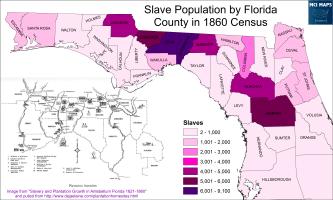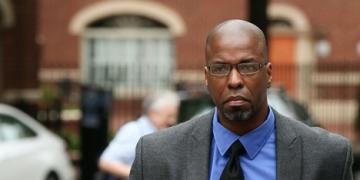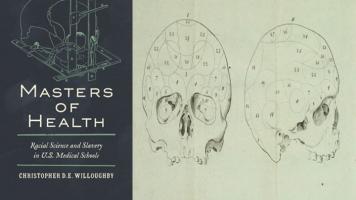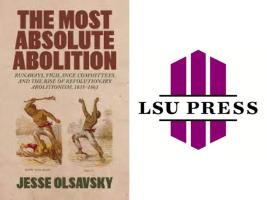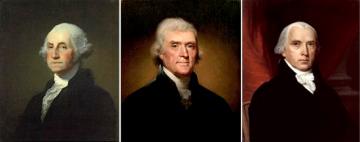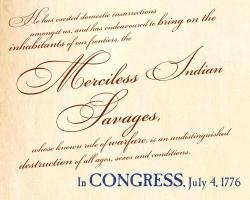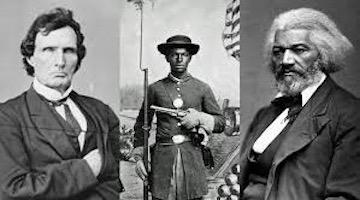February is the designated month to honor presidents, but Black people should know better than to believe what they are told about any benevolence on the part of George Washington, Abraham Lincoln, or any of their successors.
February 20, 2023 is observed as Presidents Day across the United States, as usual the corporate media is elated in extolling the “greatness” of these men. The observance has a long and interesting tradition starting in the 1800’s, initially to honor the birthday of George Washington officially; it then evolved to include Abraham Lincoln since his birthday also falls within the month of February. Over the years, while the original honorees are still the main focus, it now includes all Presidents past and present. From the standpoint of objective social history, none of these men are worthy of the attention; however, I wish to focus the attention partially on George Washington, and more so, especially Abraham Lincoln.
The Presidents: Washington and Lincoln
George Washington was born into a slave-owning family, it is reported that he inherited enslaved Africans as early as 11 years old; over his lifetime he owned over 500 enslaved people who worked on his farm and in his house. He was a tyrannical white supremacist, who also opposed the indigenous people who defended their rights to existence, and the protection of their territory. It was under George Washington’s presidency that what became known as the United States Indian Wars developed; he ordered the US military to enforce US jurisdiction over these stolen territories. Despite his atrocious and abominable background, he is still treated with reverence, and his racism, slave-owning, and perpetuation of military violence against the Native peoples are rarely mentioned.
Without being sensationalist, Abraham Lincoln is the least understood President and for me the first presidential hoax perpetrated against Black people. I refer to it as a hoax because to this day, Black people, even those in leadership positions, have erroneously and confusingly referred to Lincoln as the “one who freed the slaves.” This comment and attending obsessive belief, are an indication of a lack of study and analytical weakness; the inability to separate substance from hype. Abraham Lincoln was clear on his feelings about Black people or Negroes as we were called then. While he vacillated on the thought of abolishing slavery, and consequently signing the Emancipation Proclamation, he was definitive on the type of Union he envisaged; one without Black people.
Some are so confused that they announce and encourage honoring Lincoln because “he freed the slaves;” which is unadulterated historical and intellectual buffoonery. The danger of this historical cognitive dissonance is that it misleads those who follow and support organizations, and those who do not know otherwise.
The Genesis of The Emancipation Proclamation
Understanding Abraham Lincoln is best approached by analyzing him and his actions within the context of the Civil War. The Civil War became the political vehicle which was to provide the resolution of the conflict between the developing capitalists of the North, and the feudal/agrarian landowners of the South; the abolition of slavery was subordinate to this conflict, although an integral part of it. Feudalism was a decaying and burdensome socio-economic system; it became a hindrance to expanding capitalism. This hindrance was realized especially in the modernization of the productive forces: machinery and a skilled and more reliable labor force. Historian William Foster, in his book The Negro People in American History, underscores this point: “History condemned American chattel slavery to death for three fundamental reasons: first, because it acted as an intolerable brake upon the free development of United States capitalism; second, because it was an archaic and inefficient system of agriculture and increasingly out of place in the modern capitalist United States; and third, because it was a complete denial of all human rights, and constituted a threat to the welfare and freedom of the great mass of working people, white as well as Negro.”
Lincoln signed the Proclamation Emancipation in his capacity as Head-of-State, President, and Commander-in-Chief; the objective social and political conditions forced him to sign the Proclamation, to “save” the Union and more so developing capitalism. In Abraham Lincoln’s first inaugural address to congress, delivered on March 4, 1861 he unequivocally said: “I have no purpose, directly or indirectly, to interfere with the institution of slavery in the States where it exists. I believe I have no lawful right to do so, and I have no inclination to do so.”
The Real Abraham Lincoln
Abraham Lincoln’s position and eventual action on the issue regarding slavery, was ambivalent; he vacillated on the matter and was eventually opportunistic, which caused him to sign the Emancipation Proclamation. It was a military/political decision; on the one hand it preserved the Union that he was intent on doing, and on the other, by ending slavery, the enslaved would undoubtedly join the ranks of the Union army, which they did to gain their freedom. Lincoln himself acknowledged the military advantage the Union army would gain by ending slavery, plus, there was increasing pressure from the Abolitionists both in the North and in the South; according to Lincoln “it was a fit and necessary measure.”
Historian Eric Foner in his book The Life and Writings of Fredrick Douglass quotes Lincoln, commenting on his decision to issue the Proclamation saying: ”I claim not to have controlled events, but confess plainly that events have controlled me.” This reality was not lost on Karl Marx either, commenting on the Emancipation Proclamation Marx said: “President Lincoln never ventures a step forward before the tide of circumstances and the call of general public opinion forbids further delay.” Faced with the reality of the objective social, political, and economic conditions, the great military strategist that he was, Abraham Lincoln had no choice but to “do the right thing” and abandon his initial plan that included (a) gradual abolition; and (b) compensation to the slave owners for loss of property. Also, Lincoln never gave up his desire to send Black people back to Africa.
In the final analysis, Black people as a collective, have no reason to honor, praise or glorify Abraham Lincoln. Lincoln, the consummate bourgeois politician, realized eventually, that the Emancipation Proclamation would shorten the war, which by then had taken an enormous toll on the Union army and federal resources; and the Proclamation would reduce the material and military strength of the Confederacy. The Proclamation itself freed very few slaves, but it signaled the beginning of the end for chattel slavery; thereby, preserving the Union and ushering the South into capitalist development.
“If I could save the Union without freeing any slave, I would do it; if I could save it by freeing all the slaves, I would do it; if I could save it by freeing some and leaving others alone, I would also do that. What I do about slavery and the colored race, I do because I believe it would help to save the Union, and what I forbear, I forbear because I do not believe it would help to save the Union.” The abolition of slavery then was both a political, military, and economic necessity for the Administration and the industrialized north. The father of modern Black sociology W.E.B. DuBois, wrote about this fact also in Black Reconstruction in America, 1860-1880: “…Lincoln faced the truth, front forward; and that truth was not simply that Negroes ought to be free; it was that thousands of them were already free, and that either the power which slaves put into the hands of the South was to be taken from it, or the North could not win the war.”
One of the main characteristics of a free people is the decolonization of the mind; the thought process. We must deliberately extricate ourselves from the misleading narratives of the oppressor.
Richard Dunn is a retired construction professional, trained in Architecture and Energy Management. He is also a writer, Blogger, and has been involved in social justice issues, from the Walter Rodney demonstrations, in Kingston, Jamaica.

